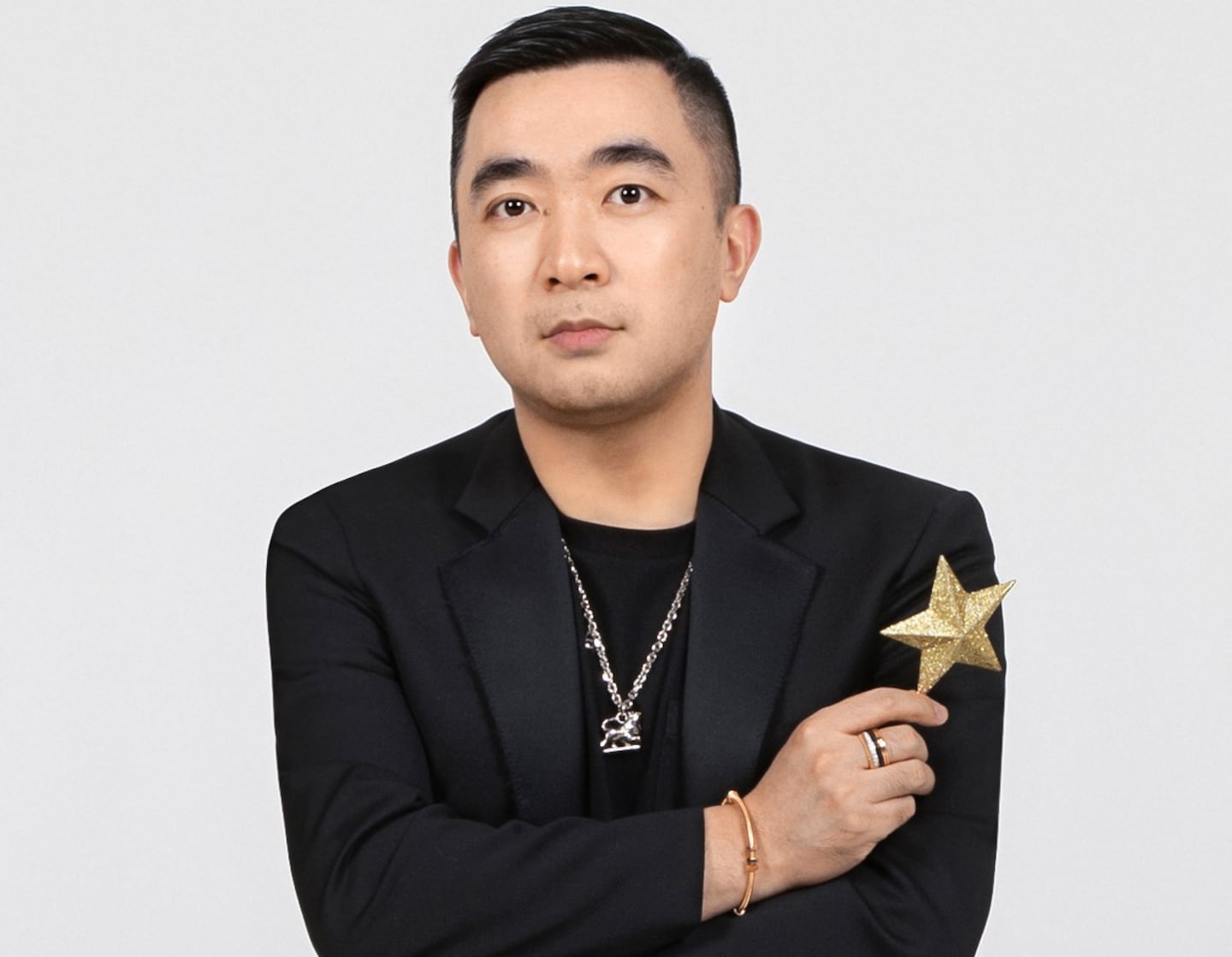
The Business of Fashion
Agenda-setting intelligence, analysis and advice for the global fashion community.

Agenda-setting intelligence, analysis and advice for the global fashion community.

Givenchy’s JD.com mini programme officially launched Tuesday, making the French label the latest in a raft of brands from luxury conglomerate LVMH to join forces with the Chinese e-commerce platform.
Even brands notoriously averse to partnering with third-party e-commerce platforms, such as Louis Vuitton, Dior and Bulgari have signed on to JD.com’s mini programmes over the past 12 months in order to better reach China’s young, digitally-native luxury consumer base.
“What we are offering LVMH, which has a big group and within the group many different brands ... [is] the most tailored and customised business models, based on the brands’ needs,” Kevin Jiang, president of international business, JD Fashion and Lifestyle, told BoF, with brands able to choose from a wholesale model, a marketplace flagship model (similar to that offered by rival Tmall Luxury Pavilion) and the newer mini programme option.
“The brands can completely control the customer experience, the user journey, the layout,” Jiang said of the mini programmes, which can be virtually identical to the brand’s own WeChat mini programmes and were developed by JD.com in conjunction with “some of the top-tier brands” as a creative way to bridge the interests of brands with those of the e-commerce retailer, he added.
ADVERTISEMENT
Though some LVMH Group brands began collaborating with JD.com prior to 2021, last year the floodgates really opened, with Louis Vuitton signing on in April, Berluti in June, Givenchy Beauty and Benefit Cosmetics in July, Bulgari and Guerlain in August and Dior and Loewe in November — all in time for the Singles’ Day promotional period. The latest addition, Givenchy, is offering its Chinese New Year collection exclusively for sale on on JD.com, Jiang said.
“Moving forward there will be more,” he added. JD.com has seen enormous growth in its luxury division over the past three years, admittedly off a low base in 2018, when only 20 brands had signed onto the platform (that number reached 300 by the end of 2021, according to JD.com figures).
Jiang says luxury sales on the platform have seen annual growth of over 200 percent year-on-year since 2019 and he expects a similar result in the year ahead.
“Luxury is going to continue to be one of the fastest-growing categories within fashion on JD,” he said.
Overall, China’s luxury online penetration increased from about 13 percent in 2019 to 23 percent in 2020, according to Bain, and as e-commerce luxury sales grow in China, so to does the competition between tech giants Alibaba-owned Tmall, JD.com, Douyin and WeChat.
Learn more:
Five Ways China’s E-Commerce Landscape Is Changing
From rethinking livestreams to doubling down on data in their supply chains, global brands need to keep up with local players to compete for a slice of China’s multi-trillion-dollar e-commerce market.
Disclosure: LVMH is part of a group of investors who, together, hold a minority interest in The Business of Fashion. All investors have signed shareholders’ documentation guaranteeing BoF’s complete editorial independence.
With consumers tightening their belts in China, the battle between global fast fashion brands and local high street giants has intensified.
Investors are bracing for a steep slowdown in luxury sales when luxury companies report their first quarter results, reflecting lacklustre Chinese demand.
The French beauty giant’s two latest deals are part of a wider M&A push by global players to capture a larger slice of the China market, targeting buzzy high-end brands that offer products with distinctive Chinese elements.
Post-Covid spend by US tourists in Europe has surged past 2019 levels. Chinese travellers, by contrast, have largely favoured domestic and regional destinations like Hong Kong, Singapore and Japan.